A report on the recent ‹February Days› Youth Section Conference.
There is no doubt that we are facing challenging times worldwide. Environmental conditions are seriously changing, affecting us with climate extremes, and it seems that this will be the frame accompanying our present and future context of unsolved social issues and tensions. How can we contribute to the transformation of the social organism into a healthy one? What are the steps we need to take if we pursue the goal of letting the utopia of a better world to become a reality?
Surely, developing awareness of other people’s needs and taking actions towards a more conscious economy, requires a re-thinking of ethical values in our world society. However, how can we cultivate values in our daily life from one’s own situational context?
During the February Days (February 16th to 19th), the Goetheanum’s Youth Section, working with the ideas of Social Threefolding given by Rudolf Steiner, opened up space to deepen into these questions. The organising team for this conference, Jacinta Gorchs, Gabrielle Nys, Layla Rosas, Rosario Gabrielli together with Nathaniel Williams, leader of the Youth Section, invited 4 speakers to exchange experiences and work on a better understanding of different aspects of economy: Max Ruhri, Managing Director of the Freie Gemeinschaftsbank Basel, Holger Wilms from the foundation Ways to Quality [Wege zur Qualität], Cristobal Ortin, Christian Community Priest and member of the Institute for Social Threefolding, and Götz Feeser, board member of the Presencing Institute, Theory U.
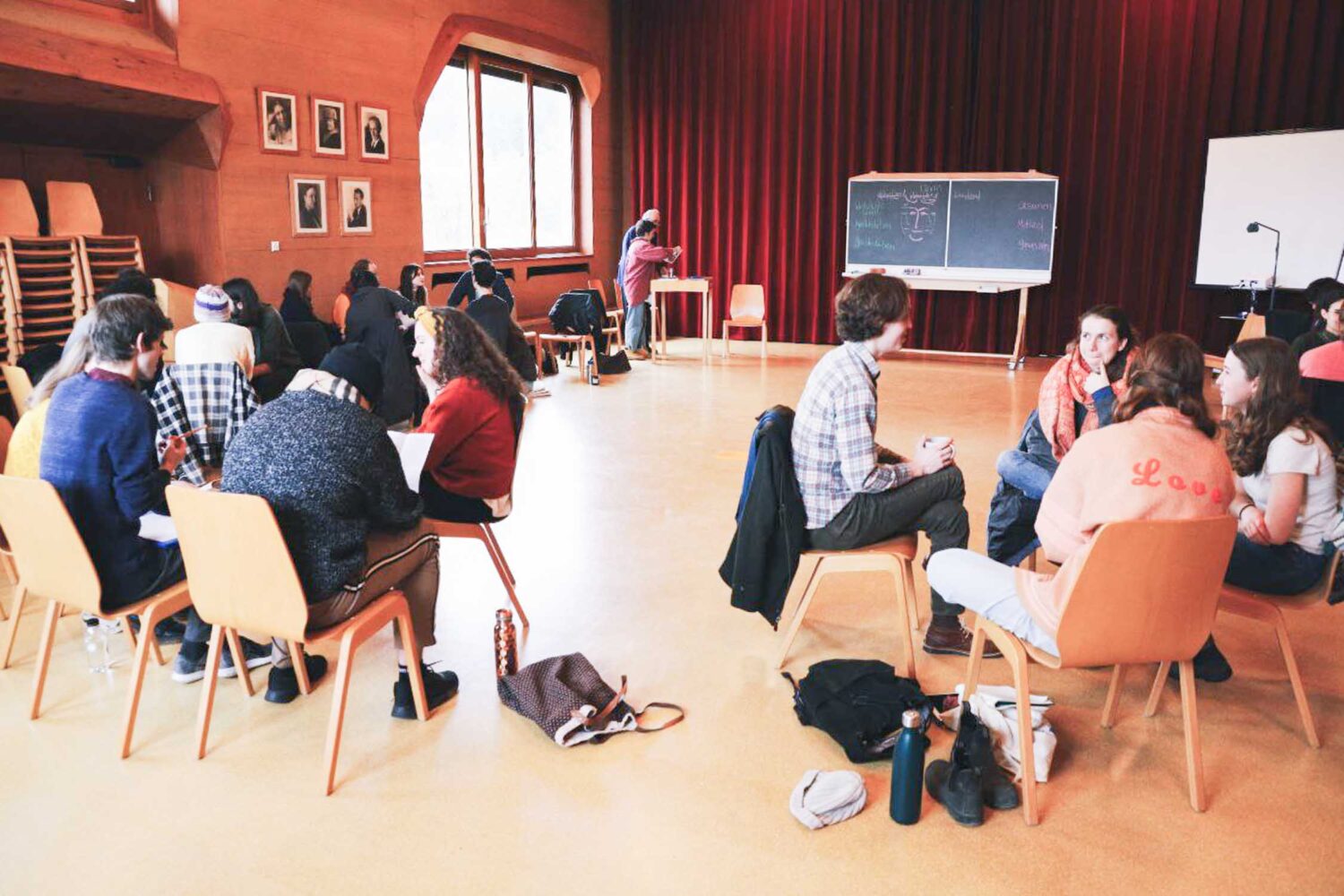
Out of his experience in the Freie Gemeinschaftsbank, Max Ruhri shared with us an interesting approach of how an organism, like an institution, can stay alive by dedicating time to bringing attention back to the people, instead of working with conventional forms of management based on established rules, which may not be accurate for present-days exigencies. Listening to people’s personal needs, giving opportunity to discuss them, can create new ways to finding solutions and making people feel more confident and engaged with their work. He also spoke about the importance of searching for a conscious approach to cultivate a new dealing with money. People are willing to give more and gain less if there is transparency and a clear view as to what their money is generating.
Holger Wilms brought us the question about quality management. Standardisation, mechanisation and technical procedures by creating a product or service may leave out the most important actor: the individual. The core, however, should remain the human, therefore gestures like freedom, trust, responsibility, protection and financial cooperation are important to build inclusive, caring communities.
Focused also on the essence of communities, Cristobal Ortín told a story in order to illustrate some nodal concepts, and showed us the presence of three spheres, which need to stay in balance, if we consider healthy, social aspects. The lack of one sphere can only result in the imbalance of the organism.
Götz Feeser explained some principal ideas of Theory U and their implementation, focusing in the quality of relationships within an institution. He encouraged us to listen to each other with an open mind, an open heart and an open will. When a community establishes deeper and more subtle forms of connection, a space of creativity can emerge.
During the conference, we also invited the group of approximately 35 participants to explore the dynamics of social encounter through movement and art: listening to each other’s steps, being aware of the room where we met, starting dialogues through colour or finding our own path in the group without losing connection, all of which gave us moments of practical insight. Social understanding requires concrete and sensitive awareness of the other, and if this happens, it can spark a shift.
The February Days left us with a strong impression about the importance of sharing experiences and attitudes towards problems and finding creative ways for solving them together. At the end of the conference, the participants shared some of the projects they are working on, which are taking place in different countries, such as the International Youth Conference next August in Georgia, the start of a Youth Section in Italy, a documentary series highlighting youth-led initiatives out of Anthroposophy, and many other new intentions still in development. Seeing their materialisation gives me a kind of sense of achievement, realising that these ideals are finding their way in the world in the hands of young people.
Photo (title image): Nicole Asis

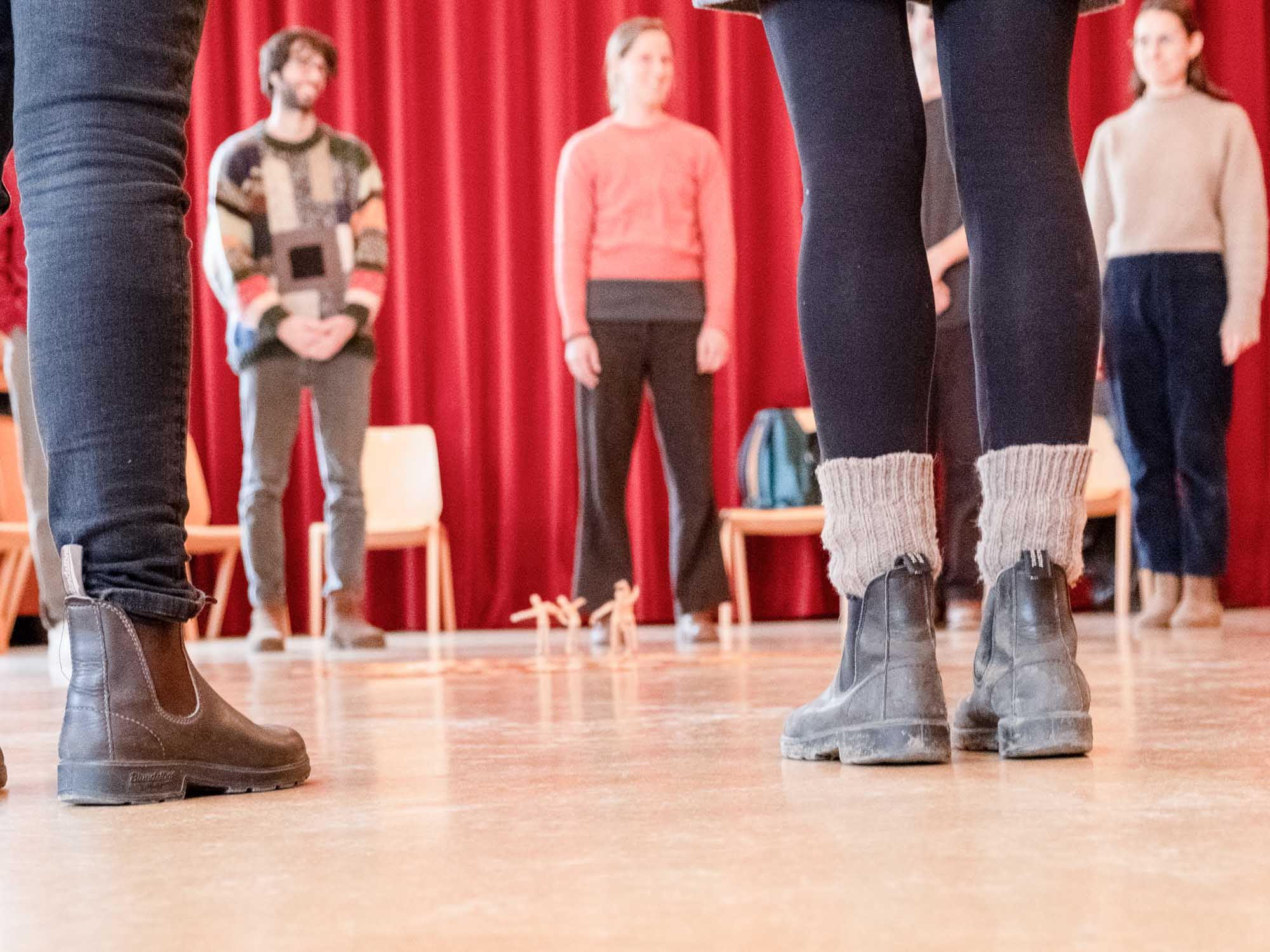


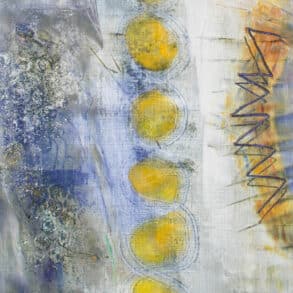
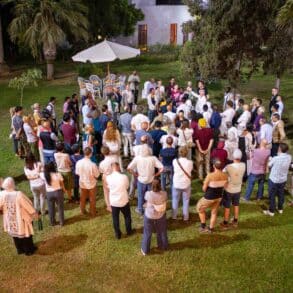

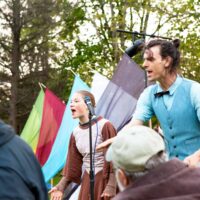


Nancy Poer speaks my mind also.
Neither have I received a reply to a letter sent a few weeks ago.I still do maintain my membership to the Anthroposophical Society, but not able to make more financial contributions at this time.
No paper, no postage….. how can it hurt Dornach to stay connected to it’s distant and ever more estranged longtime members?
just a brilliant and wonderful article about what’s really important for the development of humanity towards spirituality!